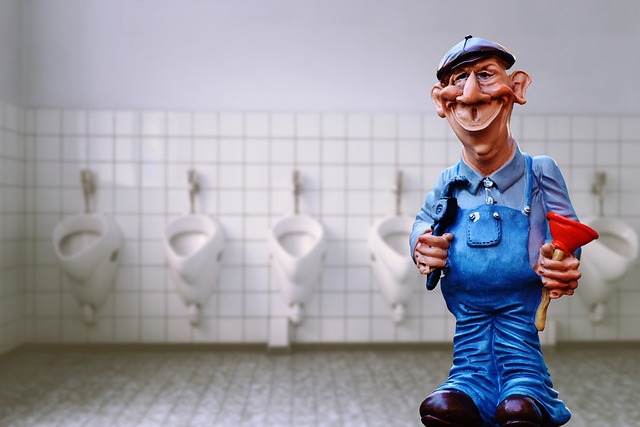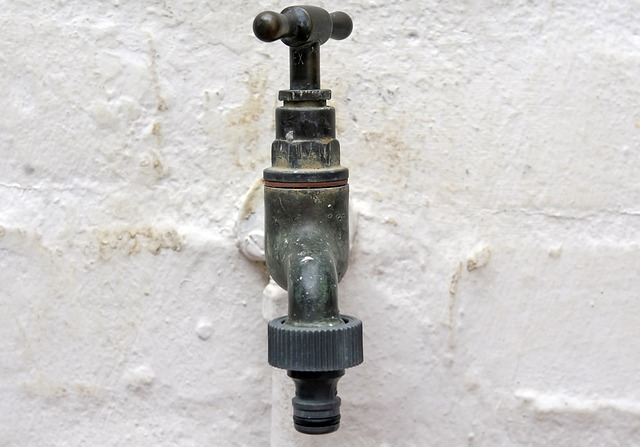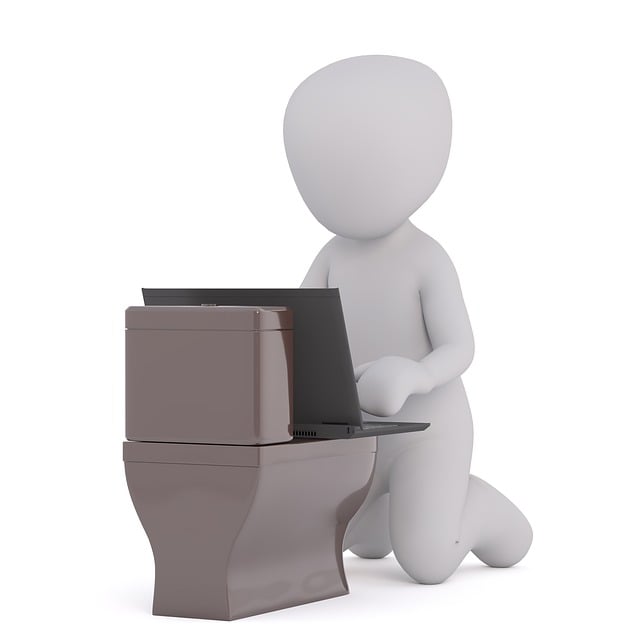Understanding your plumbing system is key to saving resources and identifying areas for improvement. A plumber can assess pipes, fixtures, and appliances, pinpointing problem areas like outdated pipes or leaky faucets. They recommend and install modern, water-saving alternatives, such as low-flow showerheads and high-efficiency toilets, reducing water waste. Plumbers also suggest evaluating piping systems for leaks and retrofits like pressure-reducing valves. For older plumbing, they advise replacing rusted pipes or installing smart leak detection systems. Plumbers provide tailored solutions based on individual needs, ensuring cost-effective upgrades.
Consider upgrading your plumbing for greater efficiency and water conservation. As a professional plumber, I’ve seen firsthand how outdated pipes and fixtures can waste valuable resources. In this article, we’ll guide you through understanding your plumbing system and identifying common inefficiencies. Then, we’ll provide practical tips from a plumber on implementing water-efficient upgrades to reduce costs and protect our precious resources.
- Understanding Your Plumbing System and Common Areas for Inefficiency
- Implementing Water-Efficient Upgrades: Tips from a Plumber
Understanding Your Plumbing System and Common Areas for Inefficiency

Understanding your plumbing system is the first step in identifying areas for improvement. Plumbing, at its core, involves a network of pipes, fixtures, and appliances that transport water throughout your home or building. A plumber can help you assess this system, pinpointing common problem areas like outdated pipes, leaky faucets, or inefficient appliances.
Leaky pipes are a significant source of water waste, often going unnoticed until substantial damage occurs. Inefficient appliances, such as old toilets or heaters, can also drain resources without users realizing it. A plumber can recommend and install modern alternatives known for their water-saving capabilities, significantly contributing to conservation efforts.
Implementing Water-Efficient Upgrades: Tips from a Plumber

When it comes to upgrading your plumbing for efficiency or conservation, a plumber is an invaluable resource. They can provide expert advice and guidance on implementing water-efficient fixtures and appliances. Start with simple swaps like low-flow showerheads and aerators on faucets; these relatively inexpensive upgrades can lead to significant water savings without compromising performance. Next, consider high-efficiency toilets (HETs), which use as little as 1.28 gallons per flush compared to the 3.5–6 gallons of traditional models.
Beyond fixtures, plumbers suggest evaluating your piping system for leaks and considering retrofits like pressure-reducing valves, which can lower water pressure and save energy. For homes with older plumbing, replacing rusted pipes or installing smart leak detection systems can prevent costly damage and waste. A plumber can assess your specific needs and recommend tailored solutions, ensuring your upgrades are both effective and cost-efficient.
Upgrading your plumbing system is not only an effective way to enhance efficiency but also a powerful tool for water conservation. By identifying common areas of inefficiency and implementing water-efficient upgrades, you can significantly reduce your water consumption without compromising on performance. A qualified plumber can provide valuable insights and tips tailored to your specific needs, ensuring that every drop counts. Take the first step towards a more sustainable future by exploring these options and embracing a greener approach to plumbing.
